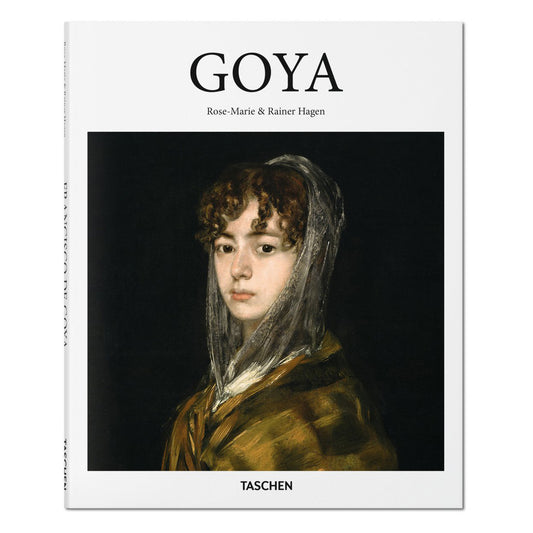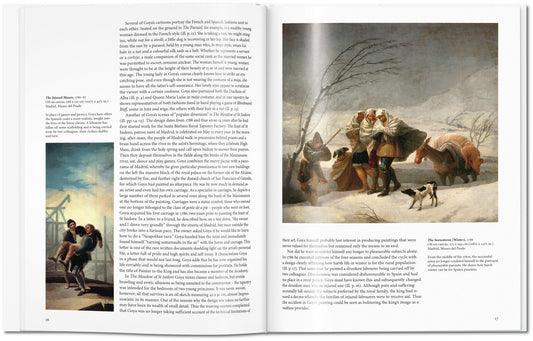
About the Artist
Francisco Goya
Francisco Goya (1746-1828) was a Spanish painter and printmaker who is widely considered one of the most important artists in Western art history. Born in the town of Fuendetodos, Goya began his artistic career as a painter of portraits and tapestry cartoons for the royal court in Madrid.
Goya's early works reflected the Rococo and Neoclassical styles popular at the time, but his art underwent a dramatic transformation as he witnessed and experienced the turmoil of political and social upheaval in Spain. Influenced by the Enlightenment and the horrors of war and oppression, Goya's later works became darker and more introspective, earning him the title of the first modern artist.
One of his most famous series of artworks, "Los Caprichos," depicted a satirical and critical view of Spanish society, exploring themes of corruption, superstition, and the abuse of power. Another significant series, "The Disasters of War," captured the atrocities and human suffering during the Napoleonic invasion of Spain.
Goya's innovative techniques, bold use of color, and raw emotional expression laid the groundwork for future artistic movements such as Expressionism and Surrealism. His profound impact on the art world and his ability to convey the complexities of the human condition through his art make him a towering figure in the history of Spanish and European art.


